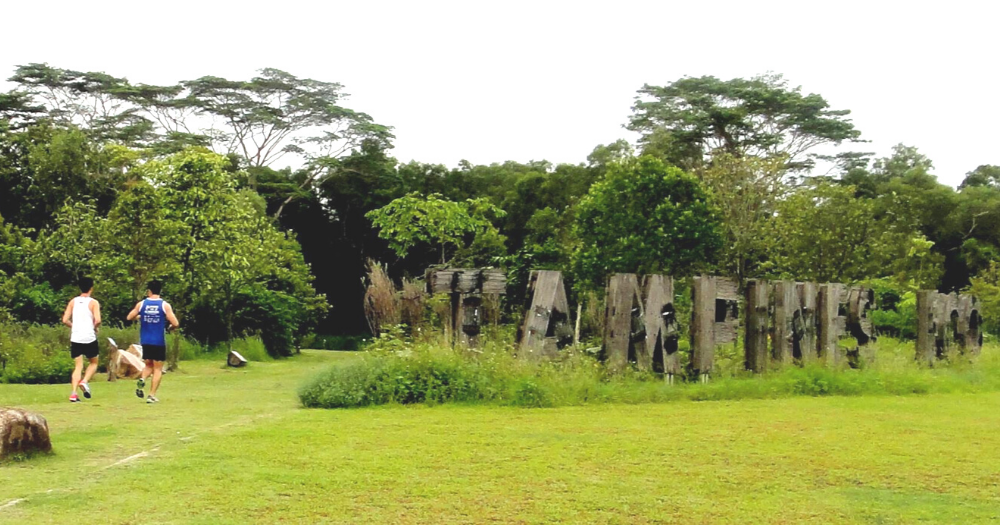Three existing towns in Singapore will be undergoing a transformation into Singapore's very own sustainable Eco Towns.
Minister for Environment and Water Resources Masagos Zulkifli announced at Committee of Supply debates on Mar. 4, that this was part of Housing Development Board's new Green Towns Programme.
The three towns to be transformed into Eco Towns are Tampines, Choa Chu Kang and Nee Soon.
These towns would see enhancements to their built environment, making the towns more environmentally sustainable and liveable for residents.
This is a further step forward from when Punggol Town was declared Singapore's first Eco Town in 2010.
'Zero waste' hawker centres
Masagos added that these Eco Towns would see the creation of more "sustainable community touchpoints".
These include sustainable hawker centres—these hawker centres will strive towards zero waste.
While further details have not been revealed on how hawker centres would achieve a zero-waste model, the hawker centre in Our Tampines Hub has already been equipped with composting facilities to turn food scraps into fertilisers and water for washing.
More community-based programmes that focus on on-the-ground sustainability initiatives will also be introduced.
Meanwhile, towns will be able to track their progress and benchmark against national sustainability targets in carbon, energy, water, and recycling through new indicators.
For example, Nee Soon East launched its zero-waste master plan last April.
This will help spur Singapore towards the government's vision to "transform all HDB towns into Eco Towns".
Reducing food waste with insect larvae
In his speech, Masagos elaborated more on the sustainability efforts in Tampines.
One project he highlighted was Sustainability@Tampines Park, which aims to help reduce food waste.
It is Singapore's first community-based circular ecosystem for food production.
In this project, residents from 12 HDB blocks will segregate food waste generated at home, and feed it to black soldier fly larvae. The larvae then break down the food waste into fertiliser, which can be used in a new vertical vegetable farm.
The larvae will then be fed to Tilapia fish cultivated in the Tampines Park Pond.
Through this process, a circular loop is created, where every component is reused and no wastage is created.
"Not only will this project reduce food waste, [but] it will [also] simultaneously strengthen the community’s food resilience!" Masagos said.
Digital Eco Boards to track utilities usage
To reduce energy consumption, MEWR, in partnership with Singapore Power and Temasek, has introduced Eco Boards.
These are low-energy digital boards that use smart meters to provide block-level information on water and energy use to residents.
Residents can check their water and electricity usage through real-time updates, and even track their carbon emissions from their consumption practices.
These Eco Boards will be installed at several sites across Tampines Town, Masagos said.
The boards will also feature block-level competitions, where residents can compare their own consumption against others in the HDB block.
Not only will this help residents become more aware of their own consumption patterns and how to reduce their usages, but will aid town councils in managing resource usage more efficiently.
Masagos continued that more details on the three Eco Towns would be announced in the coming months.
Top photo from Jeffrey Ang / FB
If you like what you read, follow us on Facebook, Instagram, Twitter and Telegram to get the latest updates.
